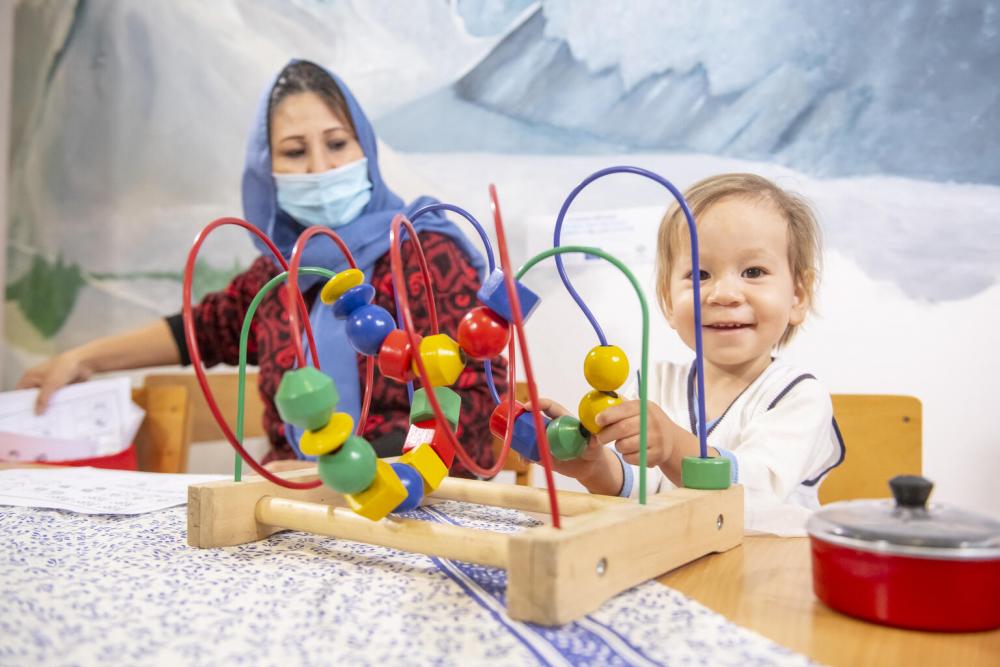
Ending corporal punishment in the early years of childhood: an essential right and need of young children
As well as breaching their human rights, the pervasiveness of violence against young children in the home, child care, and other settings is particularly concerning as early child development provides the building blocks for lifelong health, educational achievement, economic wellbeing, and societal progress.
To achieve their developmental potential, children need nurturing care, supportive relationships, and protection from violence. In contrast, exposure to violence can overload children’s biological systems, disrupt the brain’s circuitry development, and lead to a range of long-term negative consequences. Eradicating corporal punishment in early life is critical to ensuring children’s health, development and rights, and in building strong, thriving, and peaceful communities.
This webinar, hosted by the Global Partnership to End Violence Against Children and the Early Childhood Development Action Network offers an opportunity to learn more about the prevalence and impacts of corporal punishment in early life, to hear about global progress towards prohibiting and eliminating corporal punishment in the early years, including examples of good practice, and to discuss strategies for ending corporal punishment as a priority for promoting the rights and wellbeing of young children, and supporting the development of peaceful and strong societies.
Objectives:
- Promote the ending of violent punishment in early childhood as an urgent global priority
- Increase understanding of the prevalence and impacts of corporal punishment in early life, and the needs and rights of young children to nurturing, non-violent care
- Reflect on strategies for ending corporal punishment of young children, through legislative reform and implementation, and programmatic approaches that support parents and caregivers in the use of non-violent discipline
Speakers:
Host: Shekufeh Zonji, Global Technical Lead, ECDAN
Erinna Dia, Associate Director, Early Childhood Development at UNICEF
Bess Herbert, Corporal Punishment Advocacy Specialist, End Violence Partnership
Jorge Cuartas MSc, Harvard University
Professor Helen Baker-Henningham, University of Bangor
Lalpura Shahi, Save the Children Nepal
Elizabeth Lule, Executive Director, ECDAN
Howard Taylor, Executive Director, End Violence Partnership
Photo credit: © UNICEF/UN0383994/Pancic
